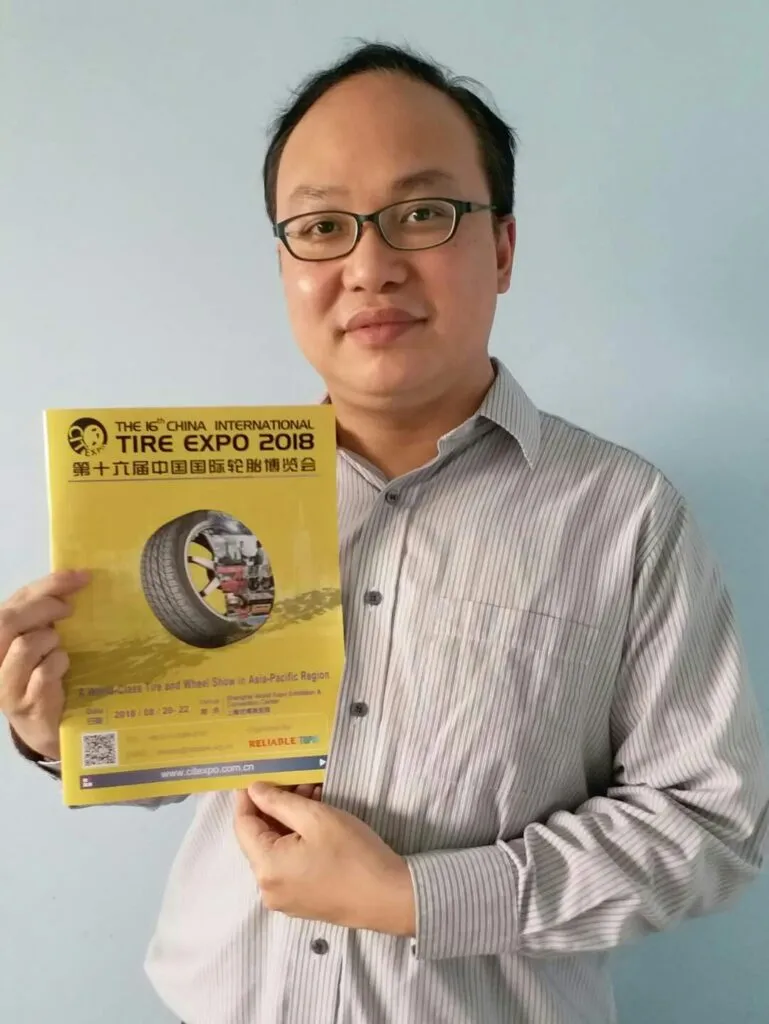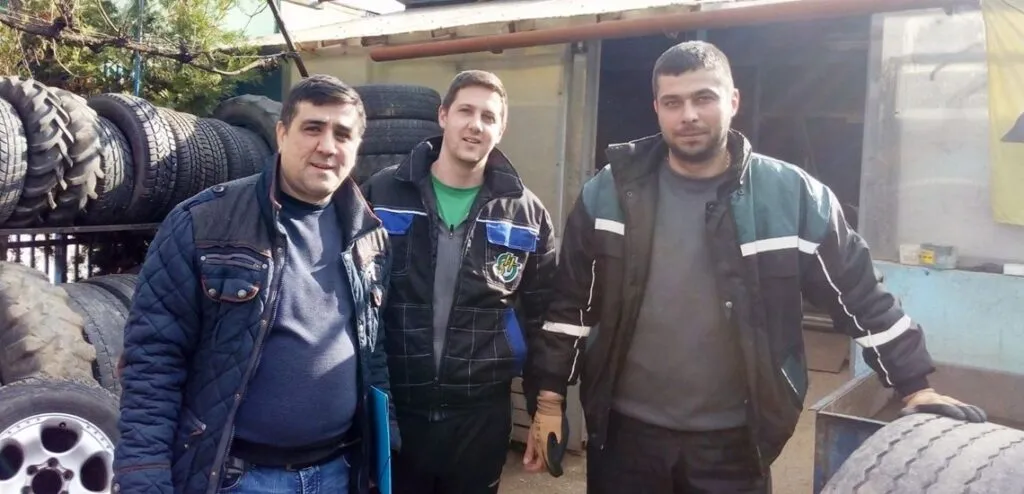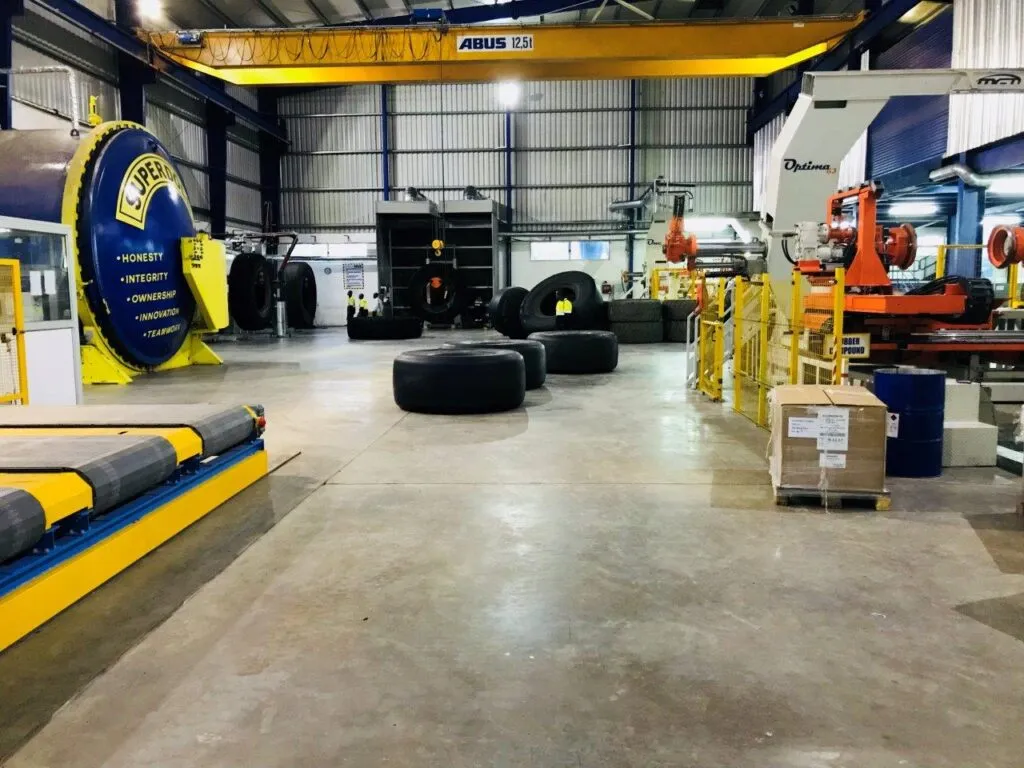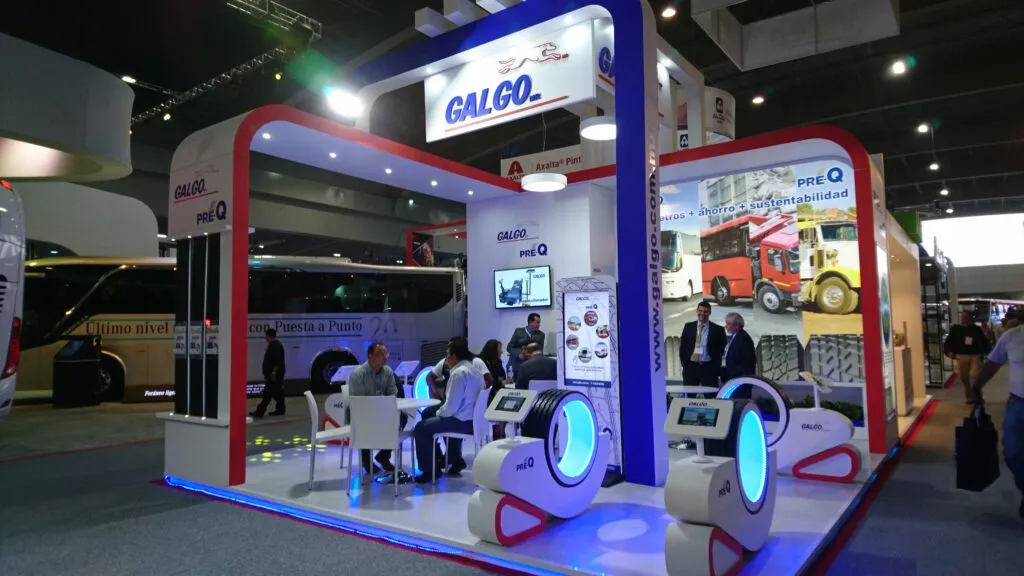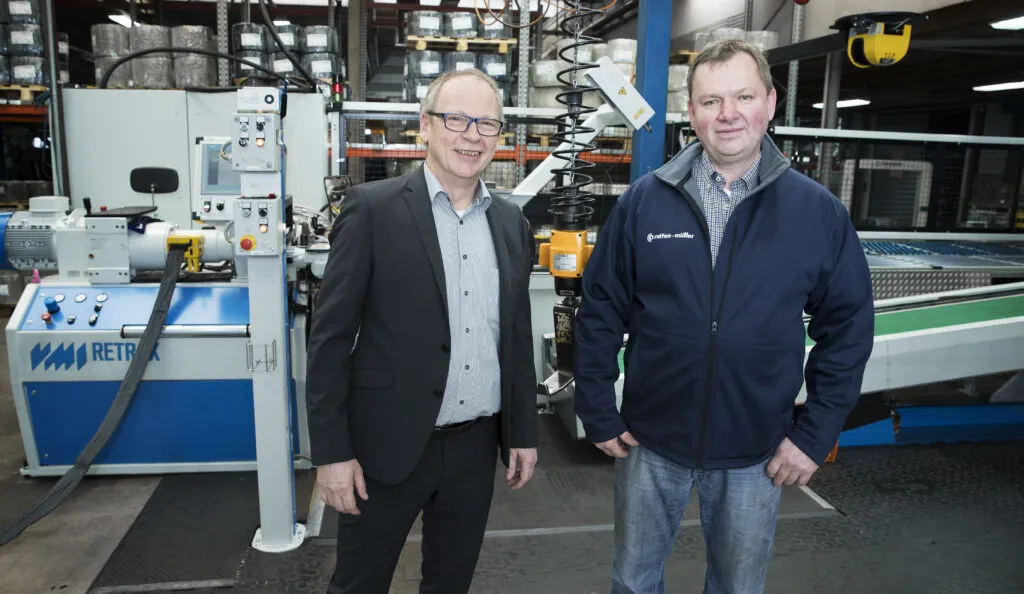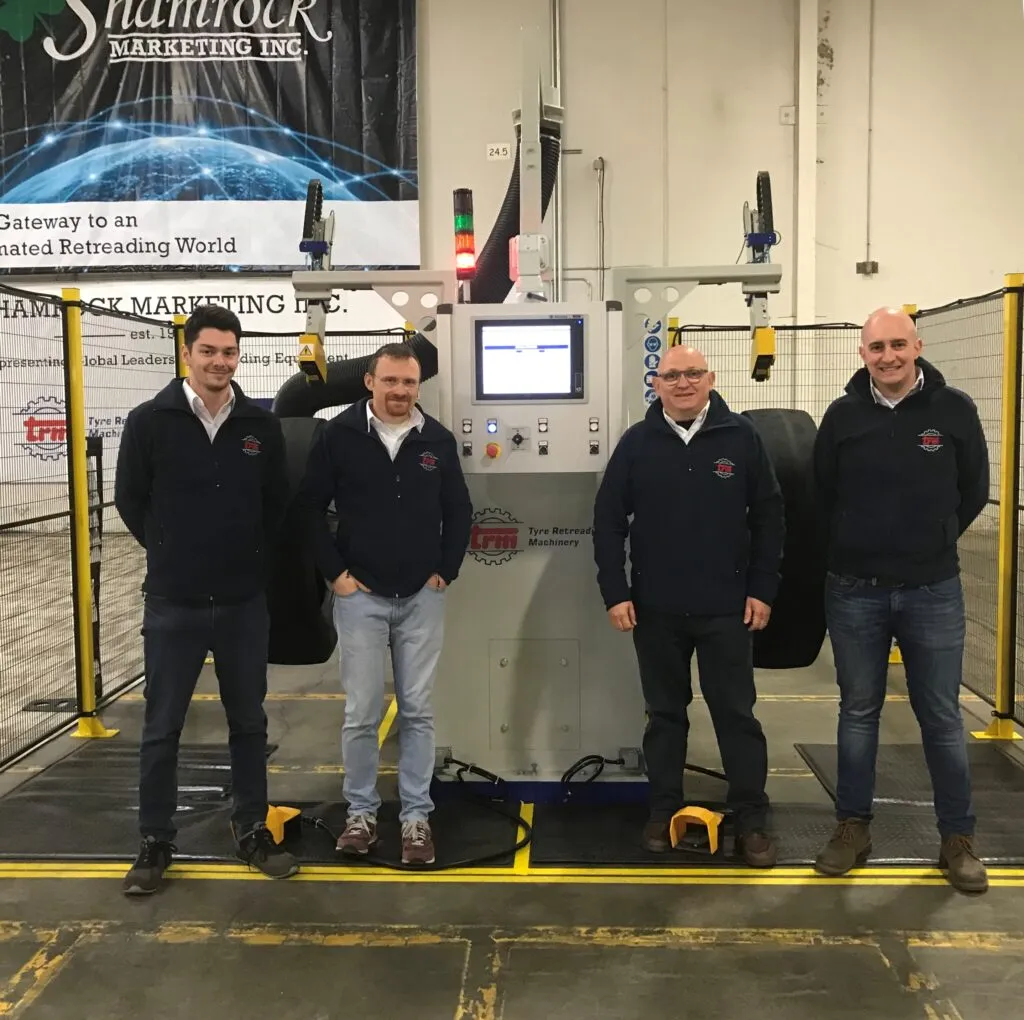Following the recent EU announcement that imports of new and retreaded tyres for buses or lorries originating in the People’s Republic of China are to be subject to registration, we thought we would try and get the views of the Chinese tyre industry on the legislation. Not surprisingly, it is not easy to persuade the Chinese new tyre manufacturers to go on record with regards to subjects such as this, so we asked Sam Lai, the Marketing Manager of Reliable International Exhibition Services Ltd, the organisers of the prominent Chinese trade show CITExpo to talk to the Chinese manufacturers on our behalf to get their views on the matter, and how they plan to approach the market in the future. What follows is an amalgamation of various manufacturers’ views and Sam’s own thoughts on the subject. It makes for interesting reading.
Retreading Business
What has been the impact on sales to Europe of truck tyres since the registration ruling was announced?
Sam Lai
From what I hear from our manufacturers, the impact is still minimal at the moment. Both Chinese manufacturers and their European importers are in the wait and see mode. They are focusing on the execution on the current and short-term demands. They are trying to follow a policy of “business as usual.”
RB
There are some that say the imposition of tariffs is one thing, but the move to register imports BEFORE the ruling has been made is anti-competitive. Do the Chinese manufacturers agree?
SL
I am not an international trade expert, but as a business manager, we can only follow the local law and regulations. There is no agreement or disagreement. We view it as a business problem which we come across pretty much every day. Chinese manufacturers are focused on growth. If there is demand for tyres anywhere in the world, they will work every hard to satisfy it even the conditions are tougher. Of course, they will try to diversify their customer bases too.
RB
What do they plan to do about it?
SL
Because it is still in the investigation phase, the manufacturers are just continuing their current plan. Tariffs or trade barriers are always only short term. Good products, operational efficiency, brand building and investments for the future are more fundamental and should get management focused rather than short term trade issues.
RB
How do they plan to compete in Europe in the light of the proposed tariffs?
SL
The only way to compete is to go back to the basics of the business. You can see the videos on YouTube. Sentury and Doublestar have some of the most automated factories in the world, so this can help them to keep the costs down in order to compete. In the meantime, the quality of the products is really improving. Sentury’s product line in aviation includes the main landing gear tyre for the Boeing 737-700/800/900 aircraft certified under US’s FAA technical standard. And Giti has started proving tyres to Formula 3 racing. Those are good demonstrations of quality.
RB
Will there now be a change of geographical emphasis in the manufacturers marketing?
SL
Most Chinese manufacturers have global ambitions, and they plan to go to every market. However, the current trend is that the Asia/Pacific region is projected to achieve rapid gains in tyre sales, particularly China, India, Indonesia, and Thailand. The Africa/Middle East region and Central and South America will post above average gains in demand. North America and Western Europe will only post meagre gains of only about one percent annually through 2019. However, Chinese manufacturers seen the value of a global brand. The rest of the world is looking up to US and Western European markets for brand recognition. Furthermore, there are so many segments in the tyre market. This time the EU is trying to post tariffs on Chinese truck tyres, so you can see they are really competitive in the market place. The manufacturers are seeing this and would invest in marketing to further improve their market position.
RB
Will the tariffs change the way Chinese manufacturers market their products to Europe?
SL
It will make them more careful and specific, like the truck tyre example. I think if the European media can provide very specific and cost-effective solutions to Chinese manufacturers, they will be very much welcomed. Also, Google and Facebook have really disrupted the advertisement market, so results that can be proven and are cost-effective, both online and offline, will be the way to go. However, this information is really lacking. Also, insiders’ views on how to creatively and effectively go to that specific market will be of great importance.
RB
Will the larger players now look to produce more tyres for Europe in plants outside China (i.e. in SE Asia etc.)
SL
Globalisation is always part of long term plan, not just for Chinese manufacturers. It is part of the life cycle of any business. Which tier 1 manufacturers do not have factories around the world? South East Asia is definitely a hot area for investment now. The main reasons are not because of trade wars, but the internal changes in China. Increase in labour and transportation costs, environmental concerns and global manufacturing capability to satisfy different markets are all considerations.
RB
How do Chinese manufacturers view the future of the Chinese tyre industry in the light of the introduction of tariffs in many markets?
SL
Actually, the US have put anti-dumping and anti-subsidy tariffs on Chinese tyres since 2009. In the meantime, the US has still been the biggest export country during those years. During the same period, Chinese manufacturers have increased market share in Europe, India, and other markets, and the whole industry keeps growing. The current political situation in US has made tariffs become a hot topic again. One worry is that other countries will follow the US. And I think all manufacturers kind of get all those signals to remind themselves to focus to move toward high technology and quality products, to build a global brand, to diversify productions into key markets, and to move from a “low price” to “high value” value proposition.
RB
Do they expect there to be consolidation in the Chinese industry as a result? Would they welcome that?
SL
China has over 600 tyre manufacturers, it makes for a very competitive market. Also, there is an excess capacity in middle and low grade radial tyre products, so manufacturers can only compete on price. Furthermore, as the central government is focused on high quality developments and the environmental, internal consolidation already happening, it is just part of the process and is inevitable. The tyre industry in the west is pretty much 160 years old, so it is already more consolidated.
RB
Europe and other global markets feel many Chinese manufacturers have been posing unfair competition. What is the way forward for the Chinese tyre industry in the future?
SL
The “unfair” part was coming from the low labour cost, low environment concern, and government support in the past. All those are pretty much going away and you can see the existence of investment toward South-East Asia. The “unfair” part is getting less, and even recently in March the US reduced the tariffs on both anti-dumping and countervailing on Chinese tyres. One tail wind that Chinese manufacturers have is that China actually is the biggest tyre market now, and it is still growing at a fast pace. It really helps Chinese manufacturers in term of the scale of production, which help them to drive the cost down. With the government’s focus on high tech both on products and automated manufacturing technologies, this will help Chinese manufacturers in term of competitiveness. Also, the one belt on road initiative and its related infrastructure plan will definitely drive the demand in tyres in those new emerging markets.
CITExpo is the biggest Tyre and Wheel trade show in Asia. It takes place in Shanghai, China on August 20 to 22 this year.

